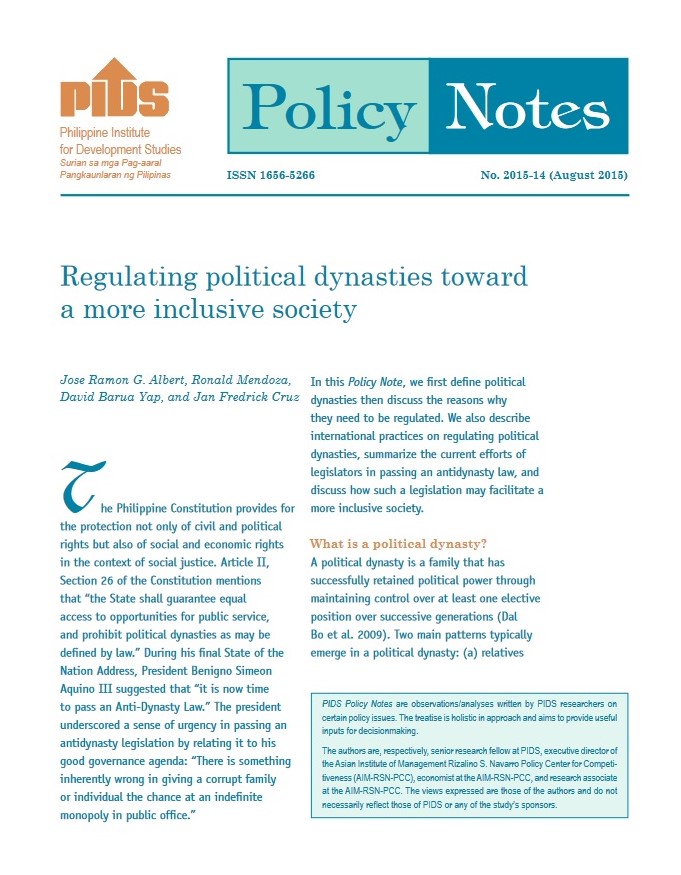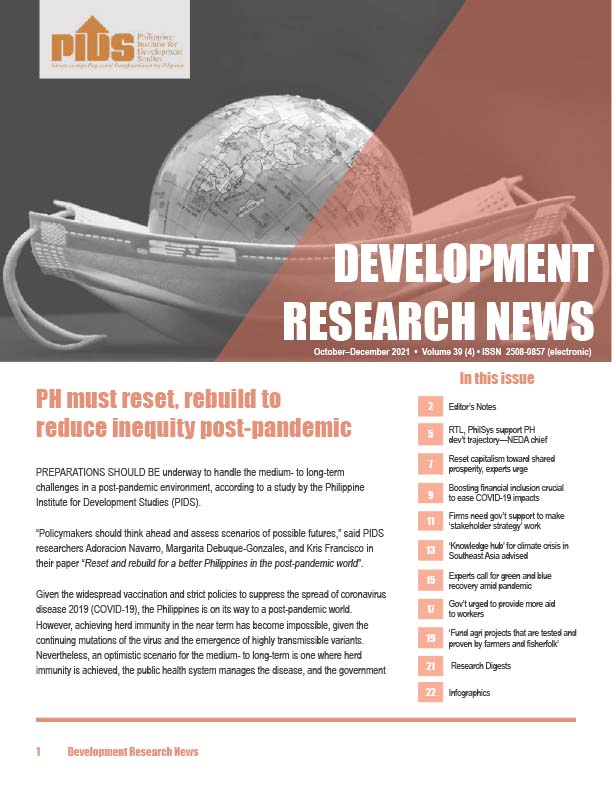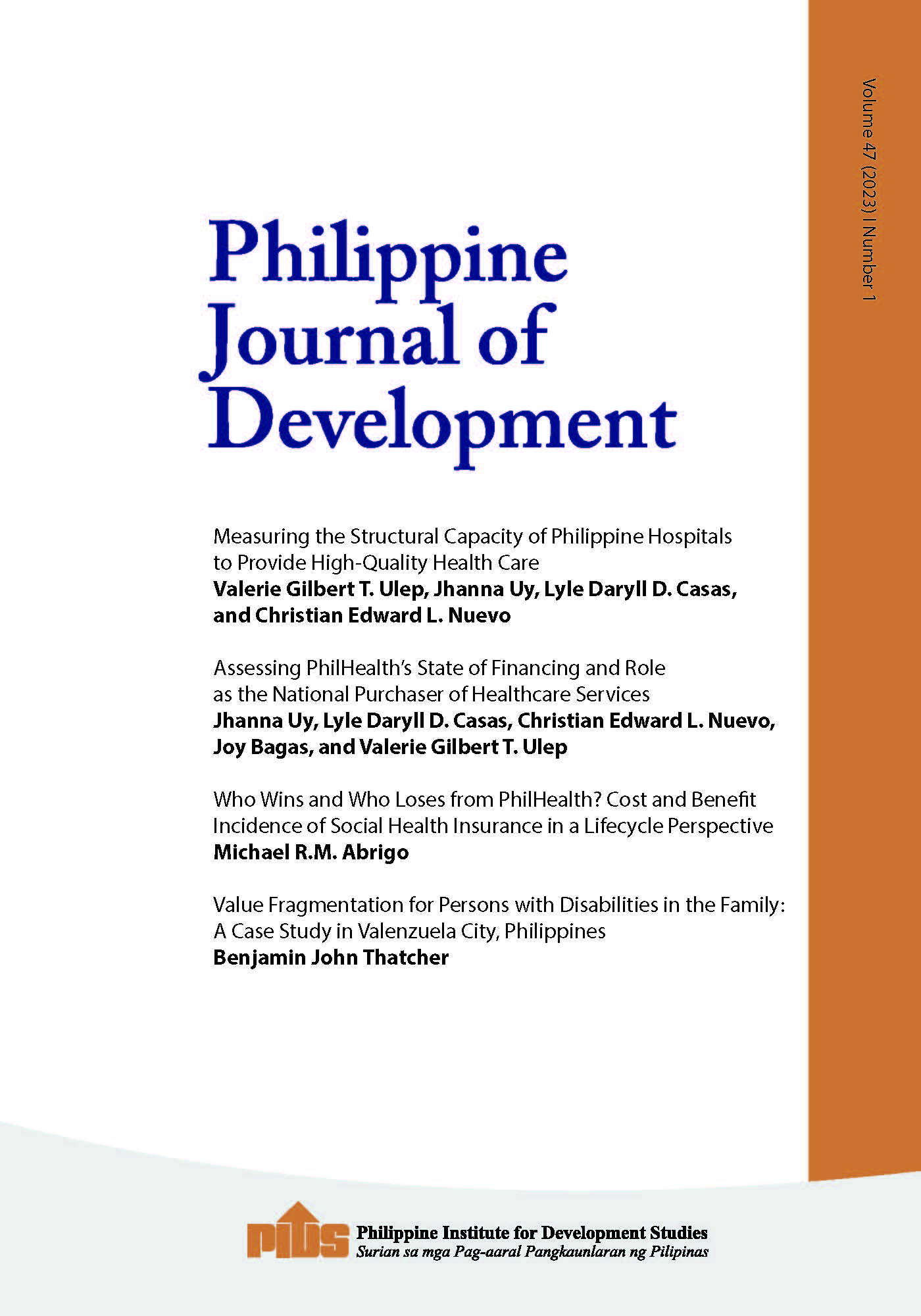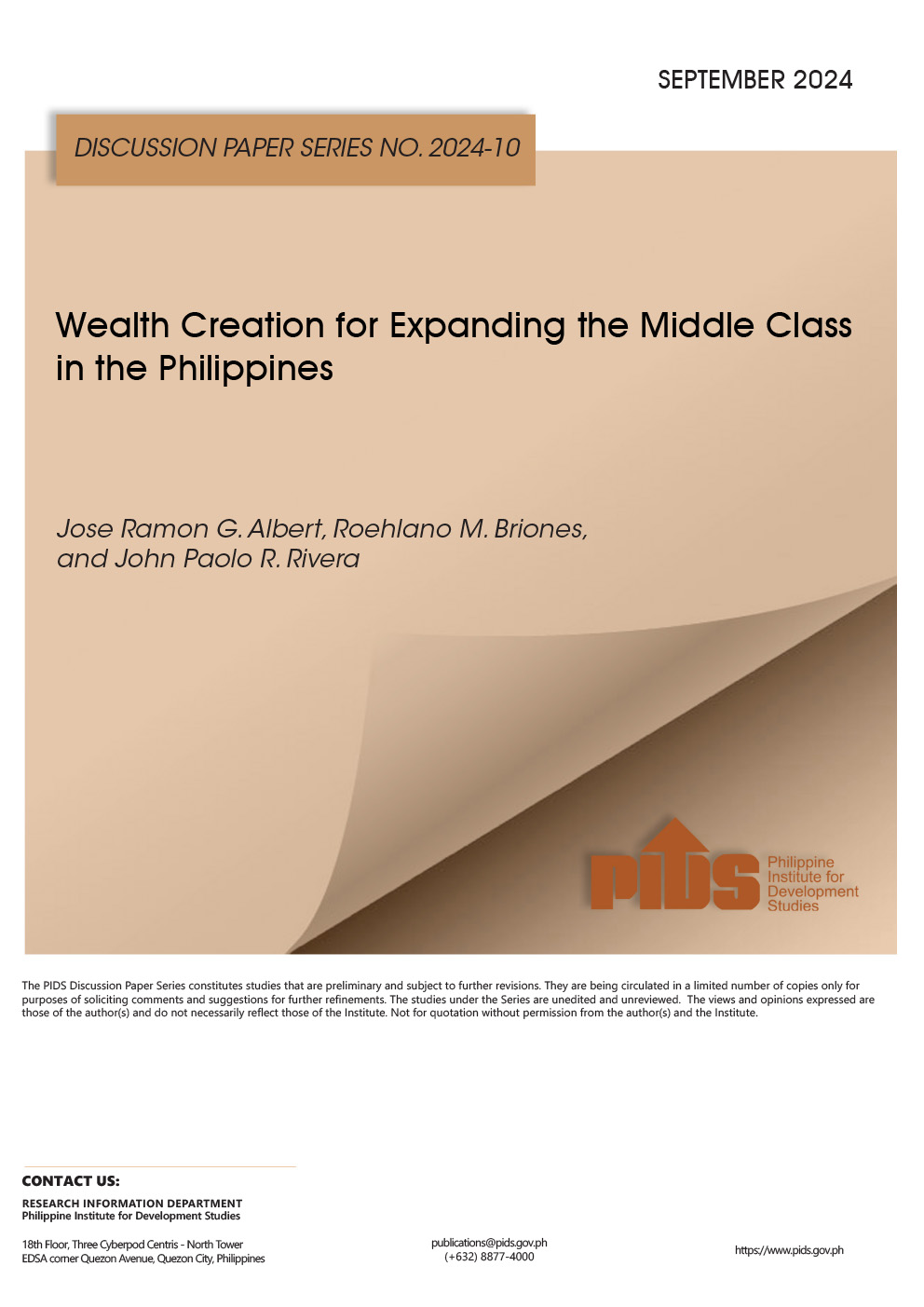Political dynasties result when a family retains at least one elective position over successive election cycles, and/or when a family expands its number of family members in elective office. This Policy Note discusses why they need to be regulated and describes international practices on regulating political dynasties. It also summarizes the current efforts of legislators in passing an antidynasty law, and how such a legislation may facilitate a more inclusive society. The proposed bills of both houses of Congress on antidynasty legislation will neither totally remove political dynasties in the country nor fully level the political playing field. But such a legislation is crucial to commence reforms in the political process. An antidynasty law may be an avenue to improve the quality of political parties by increasing everyone's access to political participation. Greater access by the people not only to growth processes but also to political processes by passing a legislation that regulates political dynasties will further strengthen our democracy and promote inclusiveness.
Citations
This publication has been cited 9 times
- Berdos, Enrico, et.al. 2019. Party-list groups: family enterprise. Bulatlat.
- Elemia, Camille. 2018. Experts suggest compromise for Congress: Regulate, not ban, dynasties. Rappler.
- GMA News. 2018. Heads of governance schools back 13 senators on anti-dynasty bill. GMA News.
- ICHRP. 2025. Zero In: Dynasties Plague 2025 Philippine Elections. ICHRP.
- Legaspi, Amita. 2018. Experts suggest prohibition on ‘fat dynasties’. GMA News.
- Miranda, Wilma. 2018. Middle class and the tax reform law. Manila Bulletin.
- Ordinario, Cai. 2017. PHL politics to be overrun by political dynasties as corrective measure hangs. BusinessMirror.
- Patag, Kristine Joy. 2018. Experts: Federalism will not address existence of political dynasties. Philippine Star.
- Ylagan, Amelia. 2018. Again, the political dynasties issue. BusinessWorld.













